How to Maximize Efficiency in Electric Vehicles Using Ionic Battery Technology
As the automotive industry pivots towards sustainable solutions, the integration of Ionic Battery technology in electric vehicles (EVs) is set to redefine efficiency standards. This ultimate guide will delve into the transformative potential of Ionic Batteries, highlighting how they can enhance performance, extend range, and reduce charging times. With advancements in ionic conductivity and energy density, these batteries promise to address some of the most pressing challenges faced by EV manufacturers and consumers alike. By leveraging the unique properties of Ionic Battery technology, we can unlock new levels of efficiency in electric vehicles, paving the way for a greener and more efficient future. Join us as we explore strategies to maximize the benefits of Ionic Batteries in the evolving landscape of electric mobility.
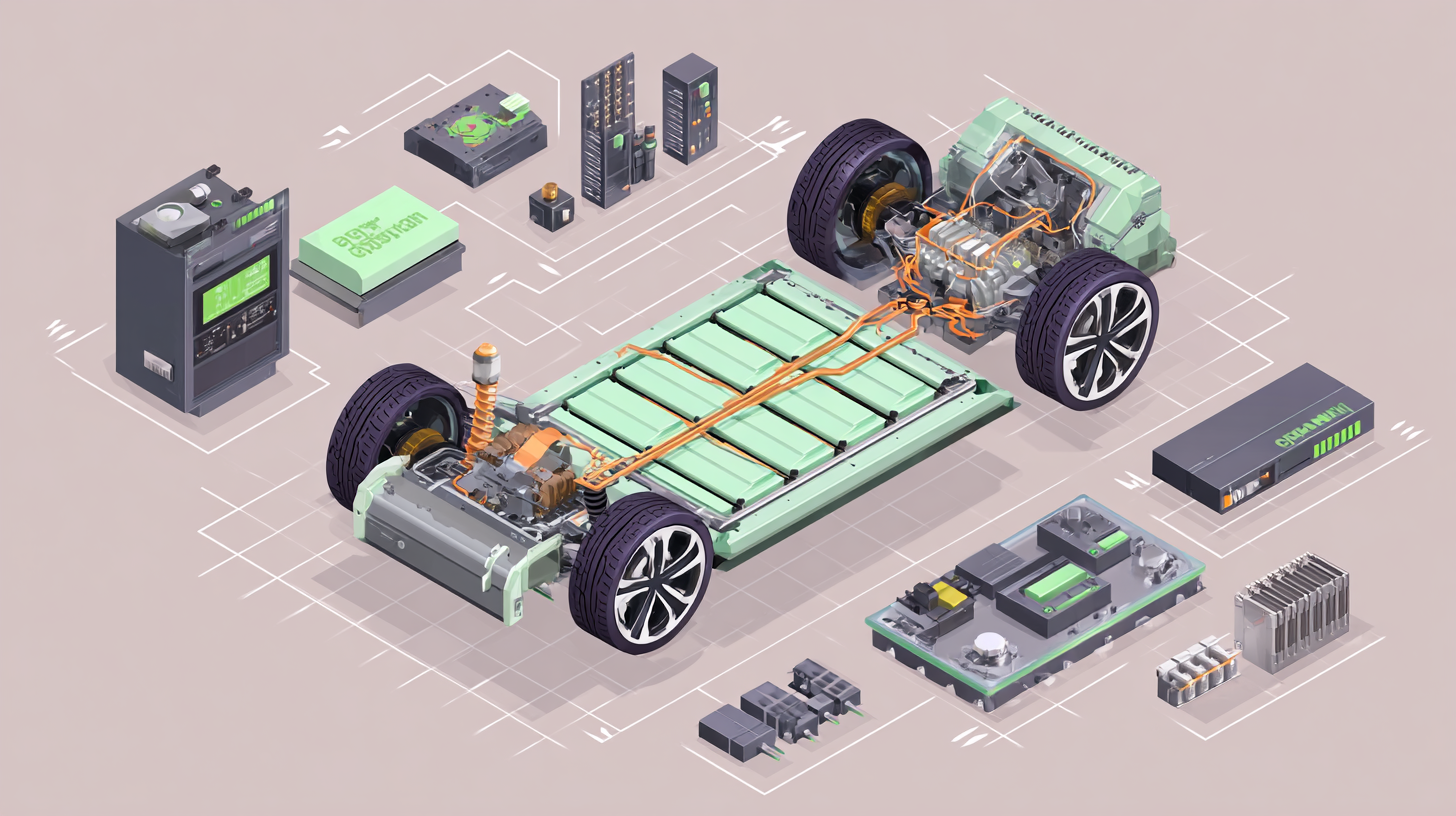
Benefits of Ionic Battery Technology for Electric Vehicles
Ionic battery technology represents a significant advancement in the realm of electric vehicles (EVs), offering numerous benefits that can enhance performance and user experience. One of the core advantages is their high energy density, which allows for longer driving ranges on a single charge. This addresses one of the primary concerns of potential EV buyers: range anxiety. With the ability to store more energy without dramatically increasing size or weight, ionic batteries make electric vehicles more viable for longer journeys.
Additionally, ionic batteries are known for their rapid charging capabilities. Compared to traditional lithium-ion batteries, these innovative batteries can be charged much quicker, reducing downtime for users. Fast charging not only increases convenience but also encourages the broader adoption of electric vehicles, making them a more attractive option for consumers who may be hesitant due to charging time.
Furthermore, ionic batteries typically have a longer lifespan, contributing to reduced maintenance costs and a lower environmental impact over time. This combination of efficiency, convenience, and sustainability solidifies ionic battery technology as a game-changer in the electric vehicle landscape.
Understanding the Science Behind Ionic Batteries and Their Efficiency
Ionic battery technology, particularly in relation to lithium-ion batteries, has garnered substantial attention in recent years due to its potential to enhance efficiency in electric vehicles. A critical aspect of this efficiency lies in understanding the solvation sheaths of lithium-ions, which directly influence ionic transport. Recent studies indicate that solvation plays a pivotal role in electrolyte design, ultimately impacting the overall performance of lithium-ion batteries. For instance, statistical insights reveal that improved coordination and stability within these solvation environments can lead to enhanced ionic mobility, fostering faster charging and longer-lasting energy storage.
Furthermore, recent advancements in battery materials highlight the relationship between ion dynamics and efficiency. Research into the hydrogen and halogen bonds within ionic liquids has shown promise in regulating ion solvation behaviors, particularly in aqueous zinc-ion batteries. Despite the lower cost and safety of such systems, challenges related to performance degradation continue to emerge. Continuous exploration into the aging mechanisms of batteries, including lithium-ion systems, reveals that distinguishing between moderate and severe capacity loss scenarios is vital for developing strategies that mitigate performance drops. As these technologies evolve, they not only promise to maximize the efficiency of electric vehicles but also contribute to more sustainable energy solutions.
Maximizing Efficiency in Electric Vehicles with Ionic Battery Technology
This chart illustrates the efficiency gains of electric vehicles using ionic battery technology compared to traditional lithium-ion batteries over various temperatures and charge cycles. The data demonstrates how ionic batteries outperform conventional batteries, especially in colder conditions.
Comparative Analysis: Ionic Batteries vs. Traditional Lithium-ion Batteries
When comparing ionic batteries to traditional lithium-ion batteries, several key factors distinguish these two technologies, particularly in the realm of electric vehicles (EVs).
Ionic batteries, often leveraging revolutionary solid-state technology, present a significant advantage in energy density.
They can store more energy in a smaller footprint, which directly translates to longer driving ranges for EVs.
This improvement not only increases the efficiency of electric vehicles but also addresses one of the main consumer concerns: range anxiety.
Another notable difference lies in the charging speed and longevity of the batteries. Ionic batteries can typically achieve faster charging times compared to their lithium-ion counterparts, allowing drivers to recharge their vehicles quickly during breaks.
Moreover, ionic batteries are known for their enhanced cycle life, meaning they can undergo more charge-discharge cycles without significant degradation.
This results in lower replacement costs and a more sustainable approach to battery usage, making ionic technology a compelling choice for the future of electric mobility.
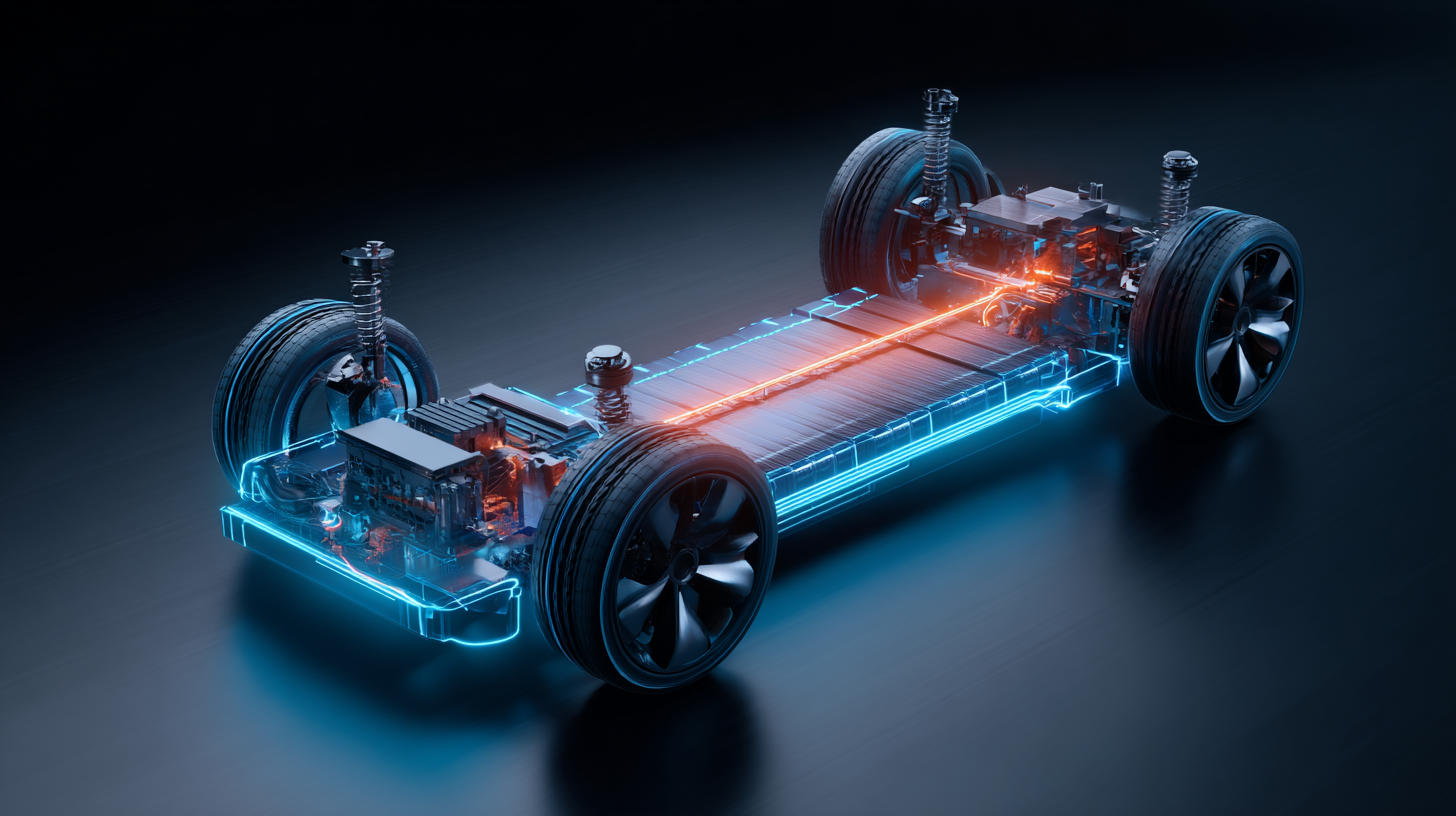
Innovative Applications of Ionic Batteries in Modern EV Designs
As electric vehicles (EVs) continue to gain traction in the automotive industry, the innovative applications of ionic battery technology are paving the way for enhanced performance and efficiency. Unlike traditional lithium-ion batteries, ionic batteries offer faster charging times and greater energy density, with some estimates suggesting they can improve range by up to 50%. This technological advancement is critical as the global demand for EVs is projected to reach 31.1 million units by 2026, according to a recent report by Allied Market Research.
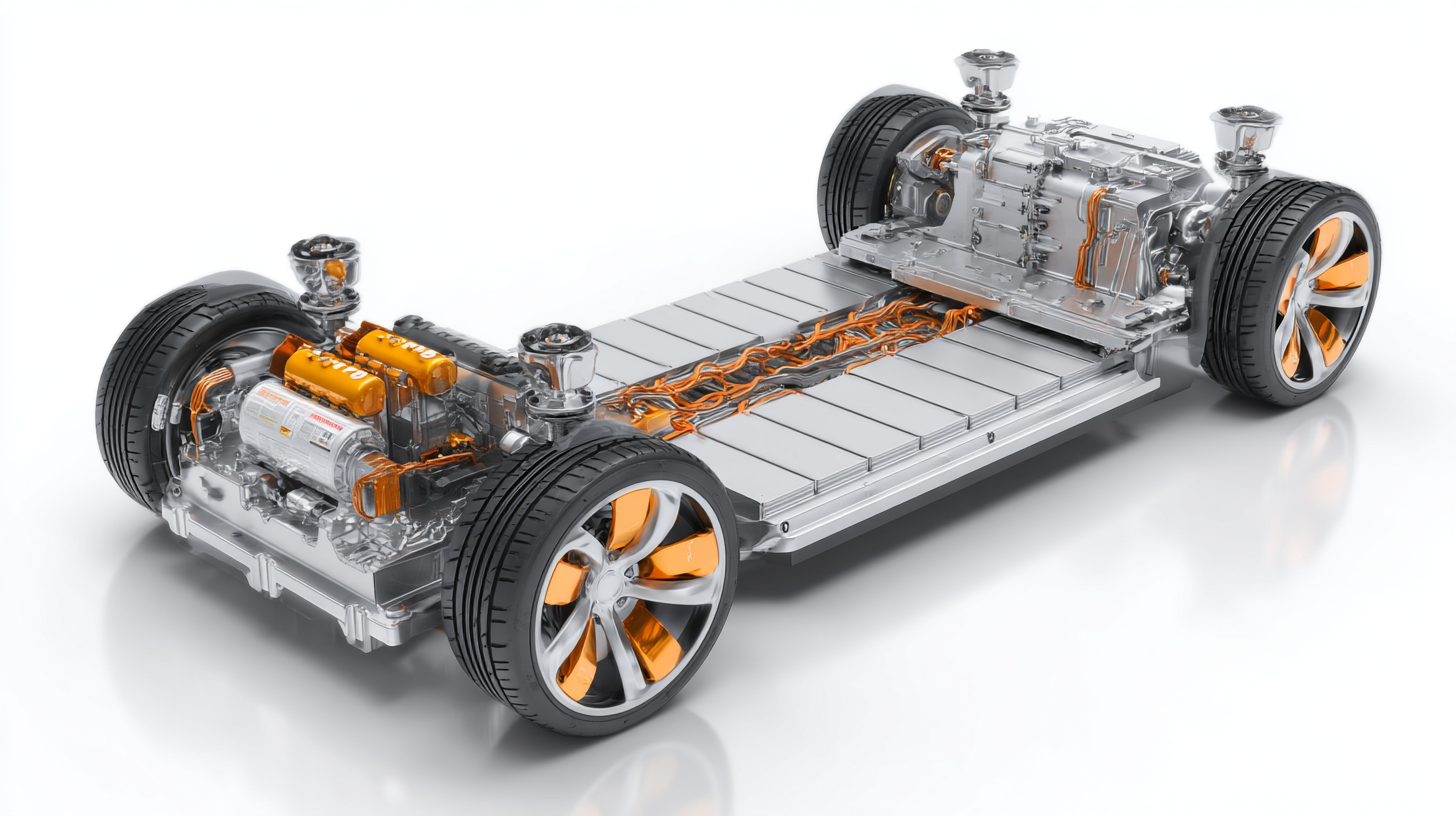
One of the most promising applications of ionic batteries in modern EV designs is their potential for regenerative braking systems. By utilizing ionic batteries, vehicles can capture more energy during braking and store it for future use, thereby extending the driving range and efficiency. Additionally, the lightweight nature of ionic batteries allows for reduced overall vehicle weight, leading to improved acceleration and handling characteristics.
Tips for Implementation:
1. Consider integrating ionic batteries into fleet vehicles to maximize efficiency
and reduce operational costs.
2. Stay updated on advancements in ionic battery technology to leverage new findings
in your EV designs.
3. Use simulation software to analyze how ionic batteries can optimize energy consumption
in your specific vehicle model.
Future Prospects: Evolving Ionic Battery Technologies in the EV Market
The electric vehicle (EV) market is undergoing a significant transformation, primarily driven by advancements in ionic battery technologies. As we look toward the future, the integration of lithium-sulfur and solid-state batteries presents exciting opportunities for maximizing efficiency and performance. These emerging battery technologies not only promise higher energy densities but also improved safety and longevity, addressing some of the critical limitations faced by traditional lithium-ion batteries.
Recent trends indicate a shift in the battery landscape, with the rise of lithium iron phosphate (LFP) batteries becoming a dominant force as costs decline. This transition suggests a growing competitive edge for ionic technologies, particularly as manufacturers focus on innovative chemistries that enhance energy storage capabilities. The Chinese market continues to lead in global battery production, setting the stage for broader adoption of next-generation batteries and a potential reshaping of supply chains and manufacturing processes in the EV sector.
As we move forward, the evolution of ionic battery technologies will likely drive the adoption of energy-efficient solutions in electric vehicles. Significant investment in research and development is crucial for overcoming challenges and unlocking the full potential of these batteries, paving the way for a more sustainable and technologically advanced future in transportation.
How to Maximize Efficiency in Electric Vehicles Using Ionic Battery Technology - Future Prospects: Evolving Ionic Battery Technologies in the EV Market
| Battery Type | Energy Density (Wh/kg) | Charge Time (hours) | Cycle Life (number of cycles) | Temperature Range (°C) | Cost Per kWh ($) |
|---|---|---|---|---|---|
| Lithium-Ion | 150 | 1-5 | 500-2000 | -20 to 60 | 120 |
| Solid-State | 300 | 1-2 | 3000-5000 | -40 to 80 | 150 |
| Lithium-Sulfur | 500 | 2-4 | 300-600 | -20 to 60 | 80 |
| Sodium-Ion | 100 | 1-3 | 2000-3000 | -10 to 50 | 100 |
Related Posts
-
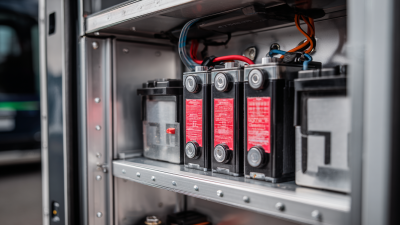
Innovative Solutions for Efficient Energy Storage with Ionic Battery Technology
-
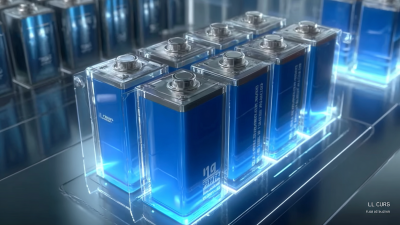
Future Trends in Solar Lithium Battery Technology by 2025 and Its Advantages for Renewable Energy Solutions
-

Unmatched Quality in Global Lithium Pro Batteries from China's Premier Manufacturer
-

Unlocking Global Markets: The Role of Battery Energy Storage Systems at the 137th Canton Fair
-
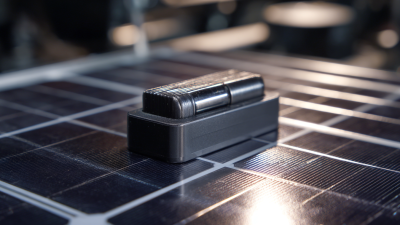
Unlocking Performance: In-Depth Technical Specifications of the Best Lithium Ion Solar Battery
-

Chinese Innovation in Best Battery Storage for a Reliable Global Future
